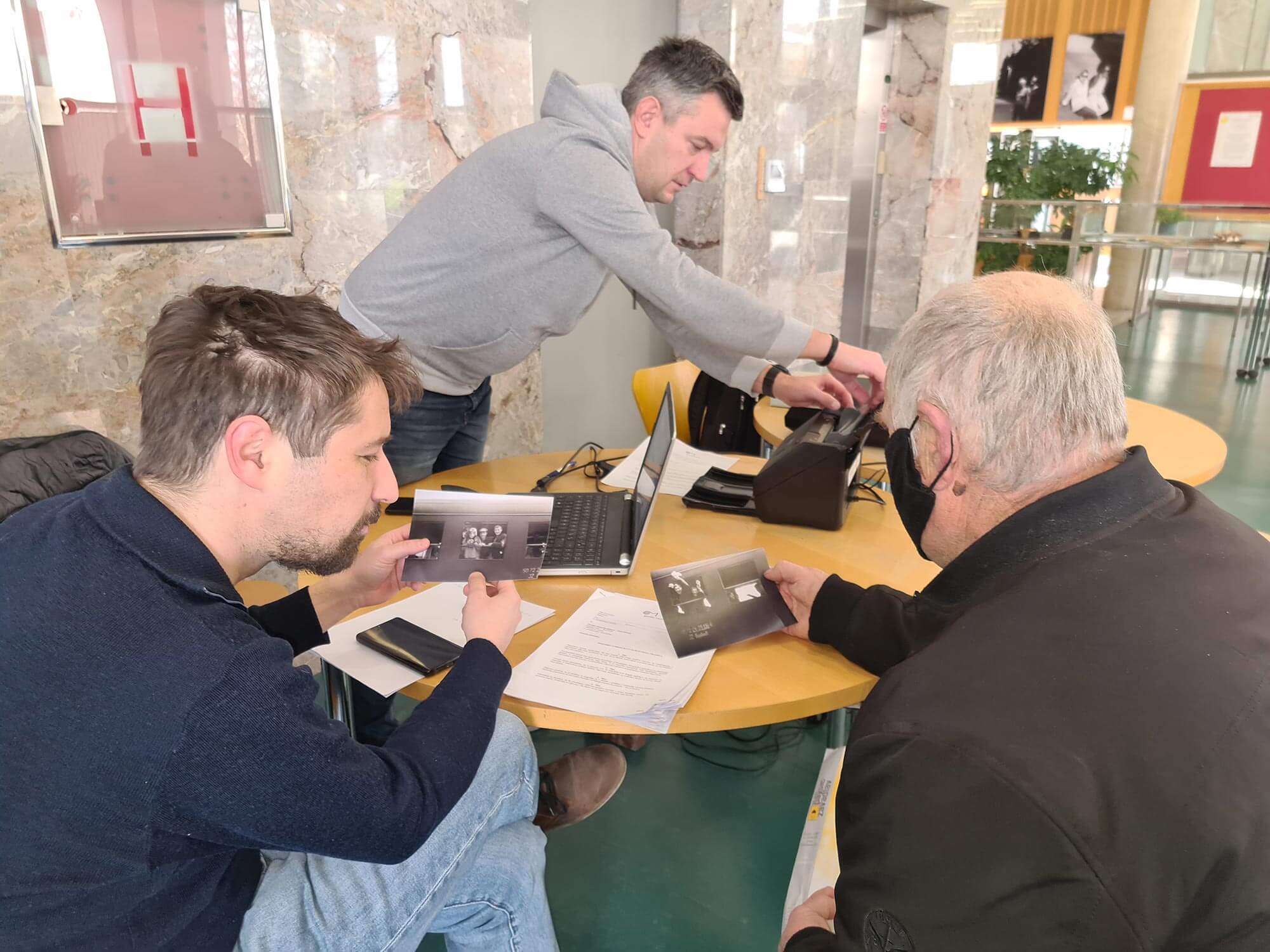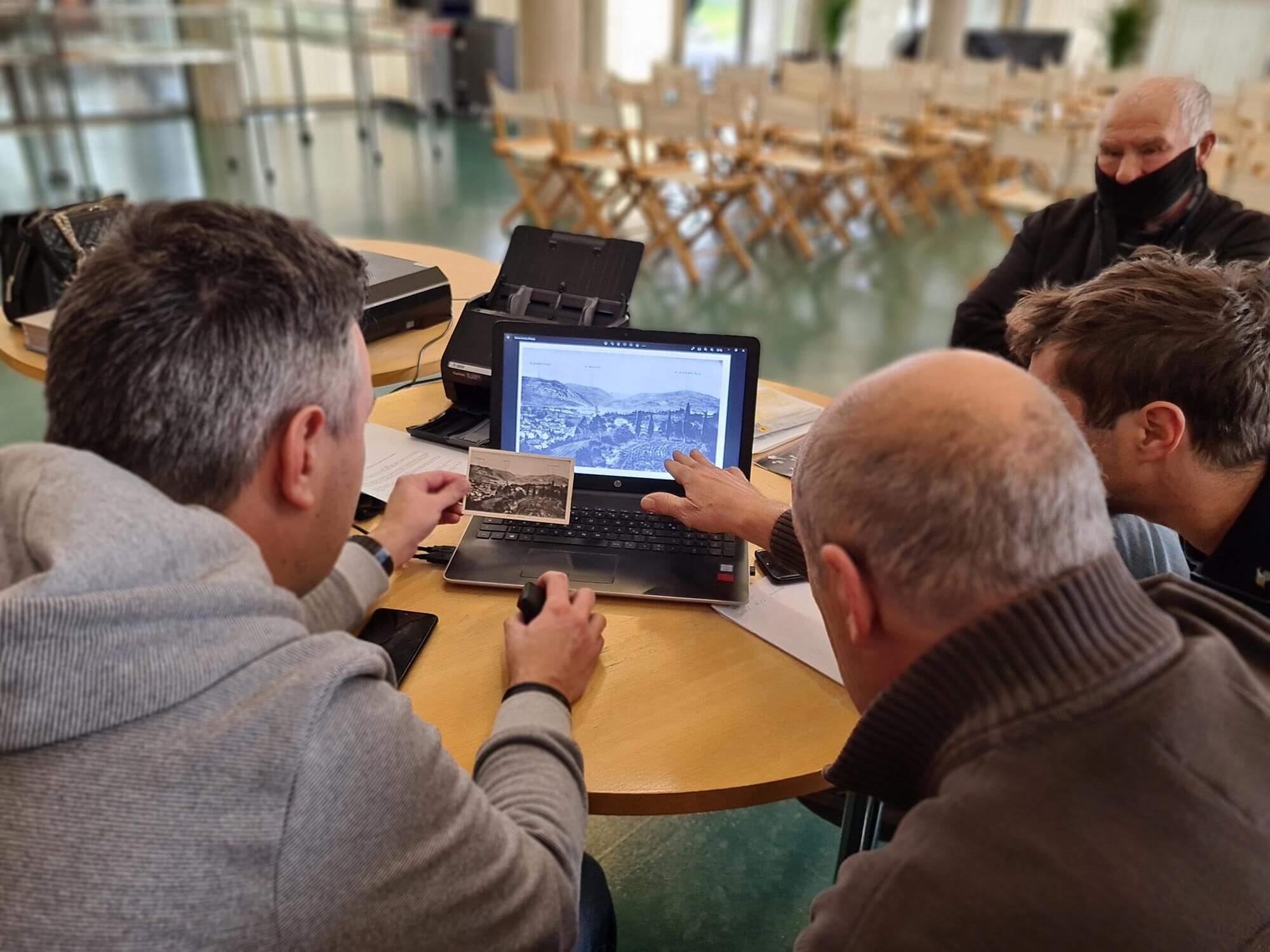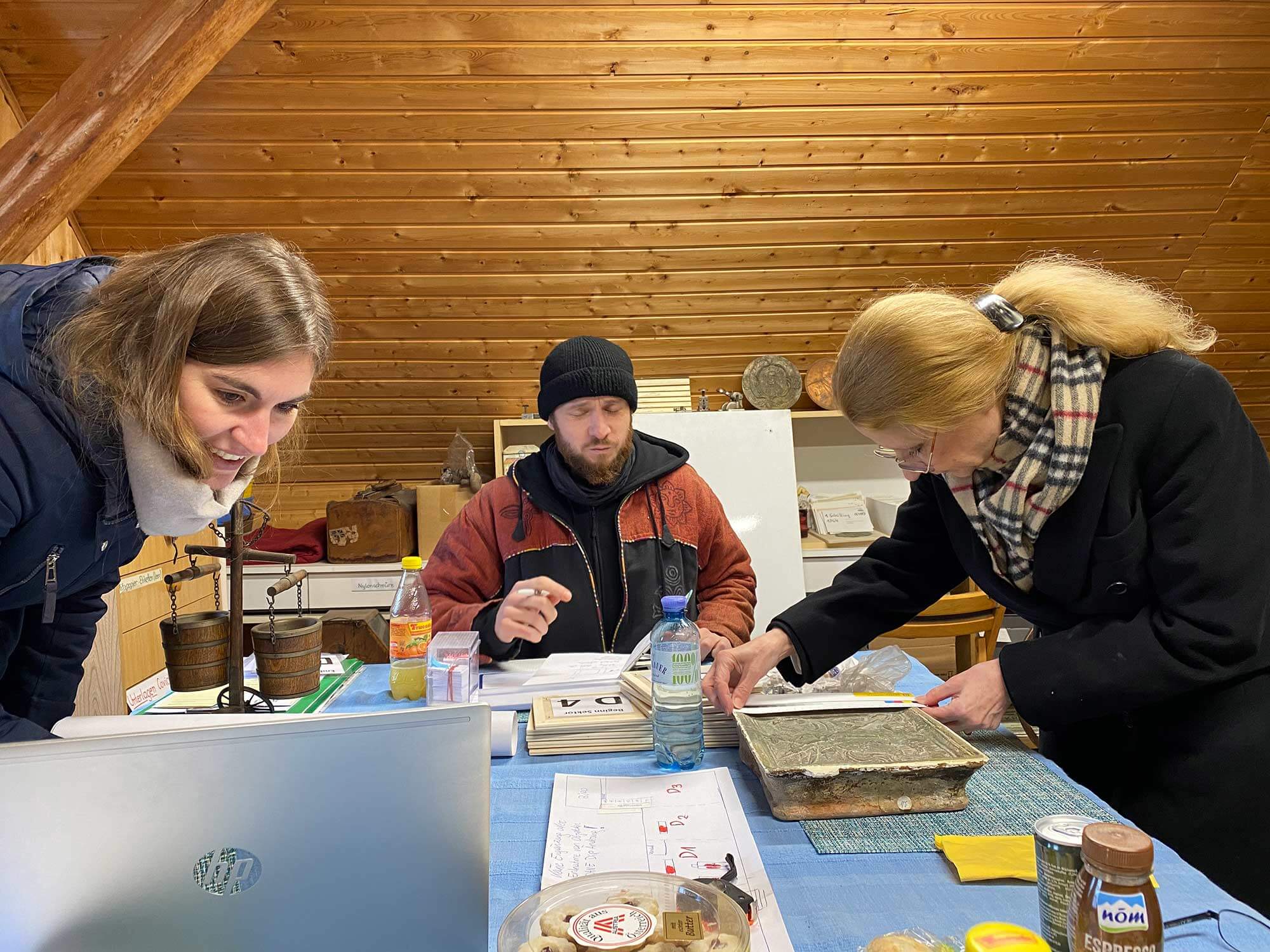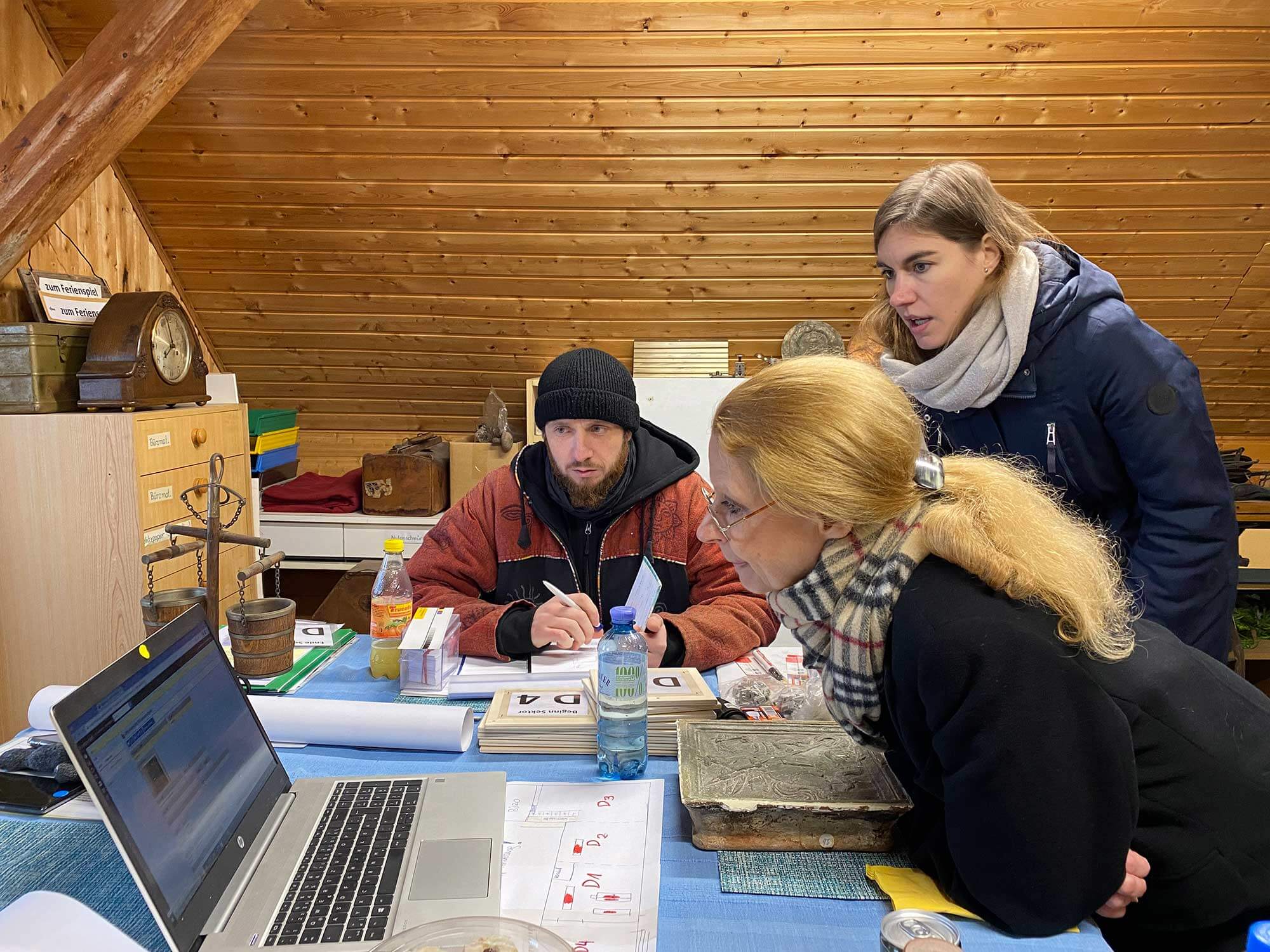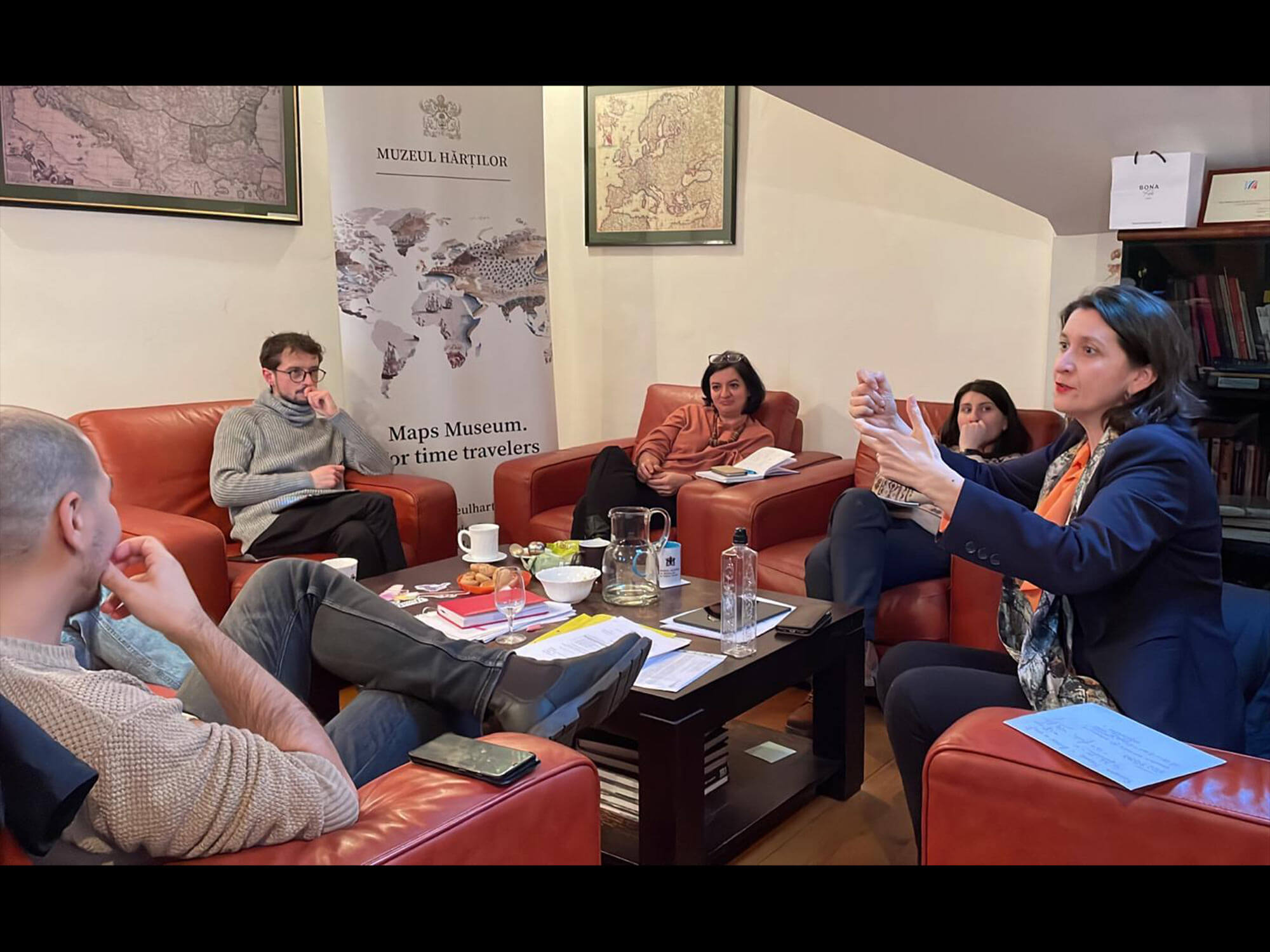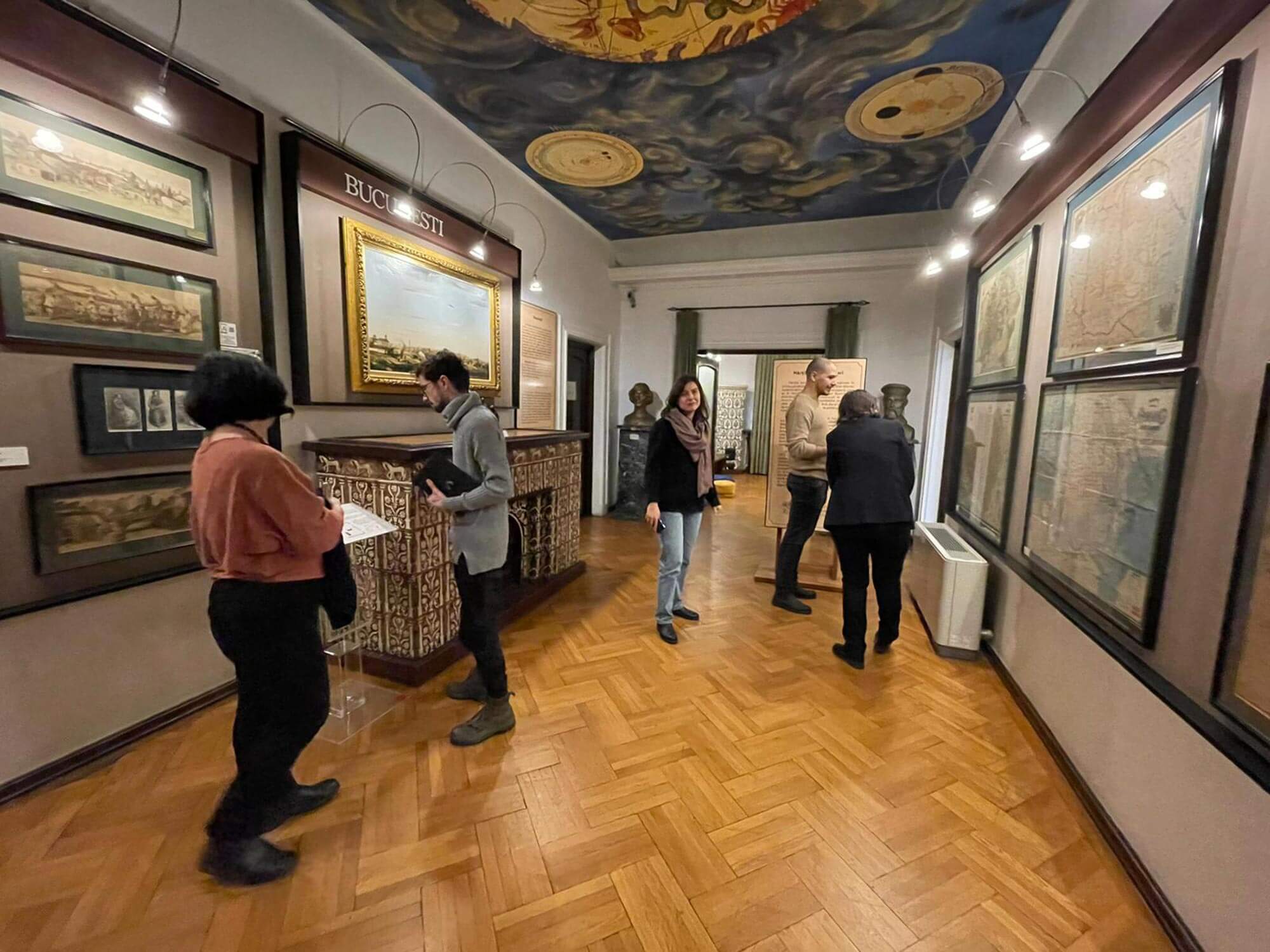The past decades brought rapid technological developments and the democratisation of knowledge sources, challenging the role of museums as spaces of gathering and knowledge dissemination. In response, the museum sector has been looking for ways to become more resilient and adapt to the new constellation, exploring possible reconfigurations of their spaces and offers, new ways of content distribution, and new revenue and organisational models. This adaptation urgently demands digital strategies. But despite the urgency, these strategies can be neither makeshift nor standard. Instead, they require a critical engagement with technology – one that moves away from a view of technology as a cutting-edge appendix to see it as a harmoniously integrated piece within the museum’s ecosystem.
Initiated by Ars Electronica, MUSEUM BOOSTER, and Ecsite, DOORS — Digital Incubator for Museums supported small and medium-sized museums in developing future-proof digital projects and strategies that – by becoming part of the institutions’ DNA – could enrich their online and onsite offers. Seeking to reduce the digitalisation gap between small and medium-sized museums on the one hand, and larger museums on the other, DOORS created an opportunity for small museums to access knowledge, resources, and expertise, and gain hands-on experience in a two-stage incubation programme. The project contributed to a better understanding and representation of the needs of small and medium-sized museums in the conversation about digitalisation. The following takeaways we believe to be the most meaningful for the future.
Key Achievements
Supported museums in reaching digital maturity and boosting their digital courage
Our incubation strategy (detailed here) resulted in a significant improvement of the pilots – helping them make meaningful choices of technology, refine their target groups, or adjust the scope of their minimum viable products. The programme’s learning and knowledge exchange components were deemed as the most important takeaway by piloting museums – an indication that we managed to create an environment that supported practitioners and the museums in boosting their confidence, motivation, and courage to take on future endeavours.
Delivered key products to the European museum sector
DOORS – Digital Incubator for Museums’ is more than a meaningful experience for those directly involved. Its legacy includes a tried and tested incubation methodology, a self-reflection tool for teams to map out their digital progression, a final publication summing up learnings and recommendations for the sector, ‘sparkle’ reports collecting diverse case-studies, as well as numerous practical resources and other public reports. We encourage museum practitioners, facilitators, and programme designers, as well as funding bodies to consult and use these resources available the Library section.
Conducted a thorough assessment for a realistic understanding of the sector’s needs
To map the intrinsic needs of a somewhat neglected category of museums (small and medium-size museums), we conducted an extensive survey covering various aspects of any digital transformation targeted at small/medium-sized institutions. Our learnings and conclusions were summed up in the Needs Assessment Report. In addition to this, the interviews for the Sparkle Reports placed emphasis on the learnings that could be drawn from museums’ experimentations with digital to help others plan better and identify possible challenges and pitfalls early on.
Placed emphasis on the sustainability of the pilots
Knowing that a digital transformation only starts with projects like ours, we introduced the notion of sustainability early on in the development of the digital pilots. This has meant that we dedicated a sustainability mentor to each pilot, and planned workshop sessions that focused on the afterlife of the pilots. Moreover, through the pilot action and sustainability action plans, museums were encouraged to think about the changes needed in their organisation to sustain digital endeavours.
Key Learnings
The sector must put more emphasis on capacity-building.
Capacity-building programmes for museum professionals are the backbone of any sustainable digital transformation. Beyond the commitment of individual institutions, we need a sustained investment in capacity-building at a sector level. This means both an investment in upskilling/learning programmes, as well as a commitment to creating spaces for knowledge exchange between institutions across the sector.
Capacity-building supports more meaningful choices of technology
Unless coherently integrated into a digital strategy, new technologies risk becoming nothing more than passing fads. Meaningful choices of technology require both a well-thought-out digital strategy and a good understanding of the social, cultural and organisational context. Only practitioners with a good understanding of both can build bridges between the two.
Small and medium-sized museums are great testbeds for digital pilots
The museums in our programme showed that their size is synonymous with agility. It gave them the flexibility to change course much quicker that a larger institution could – a must when it comes to the experimental, iterative processes needed to walk the no-so-well-trodden path of digital transformation in the sector.

